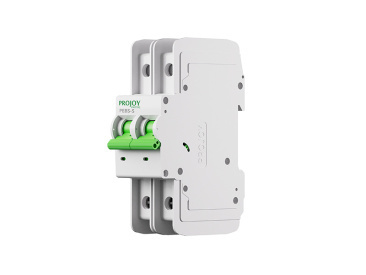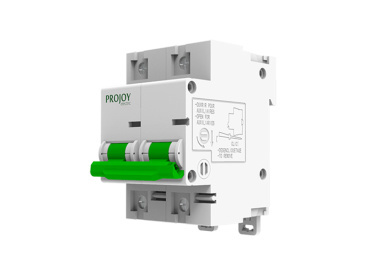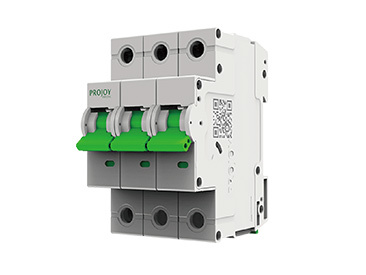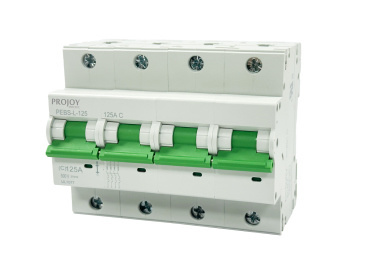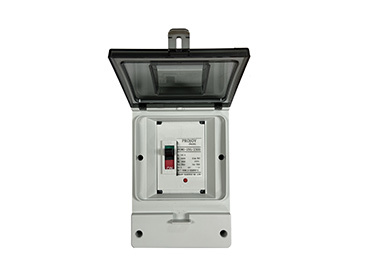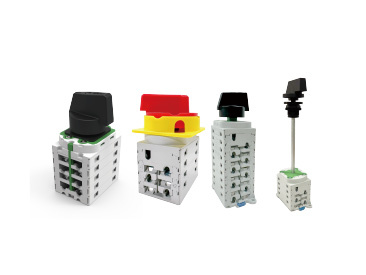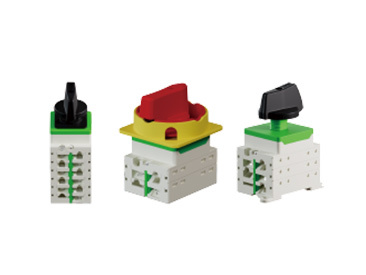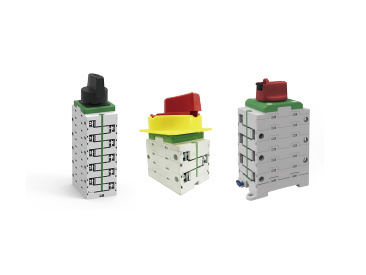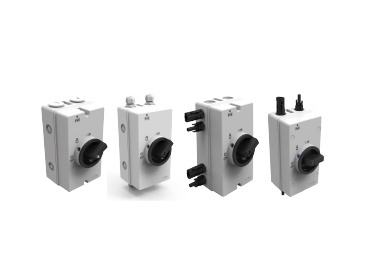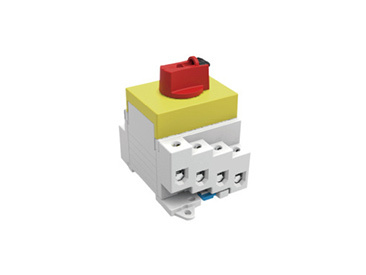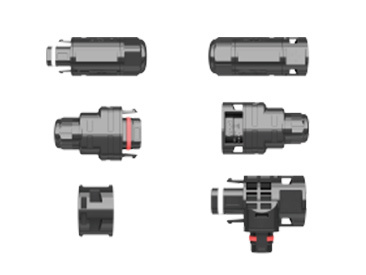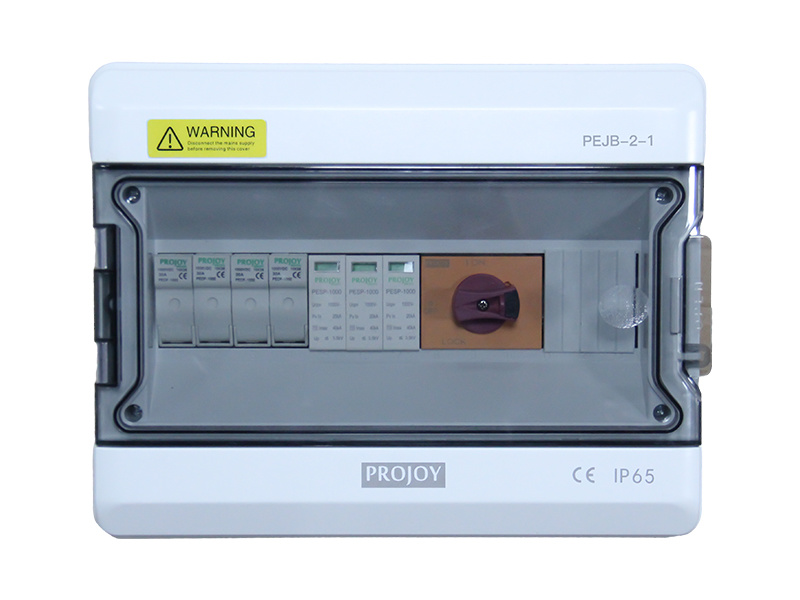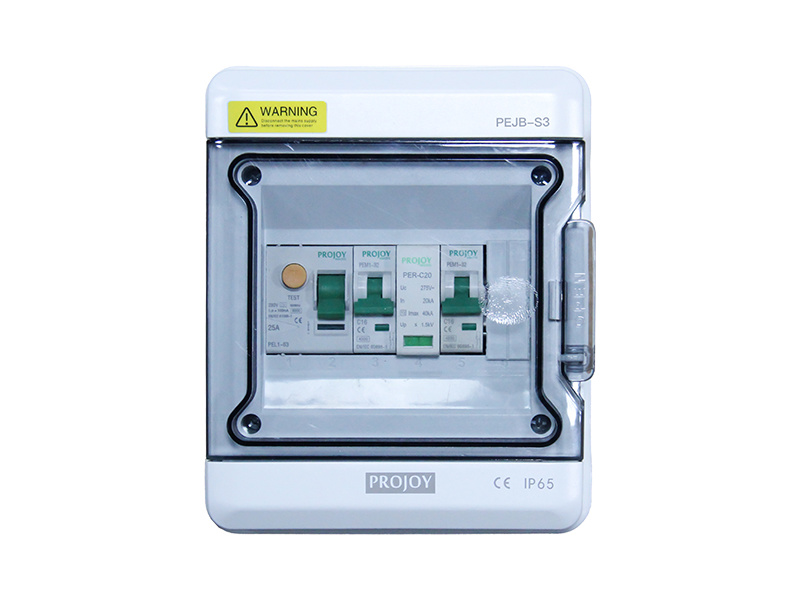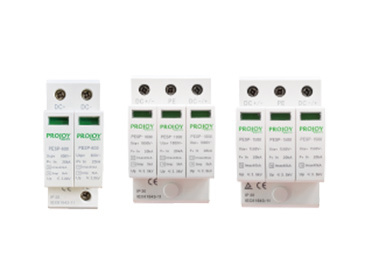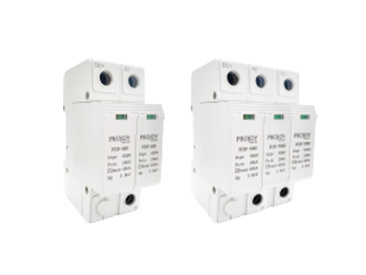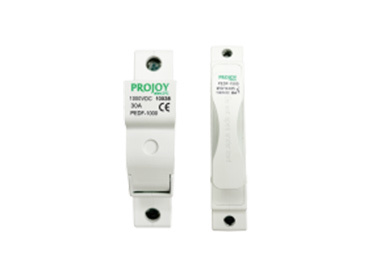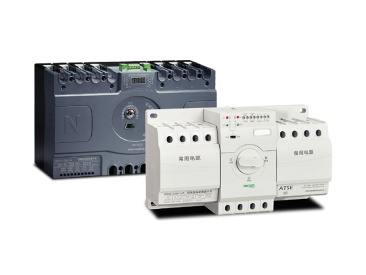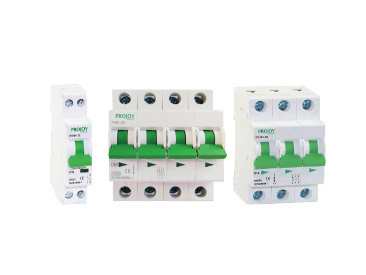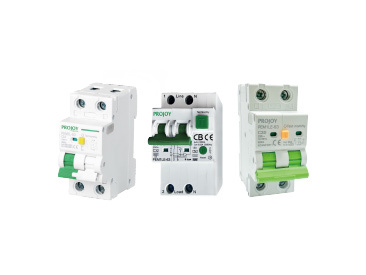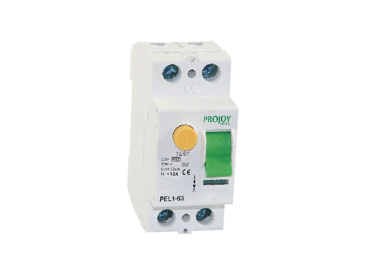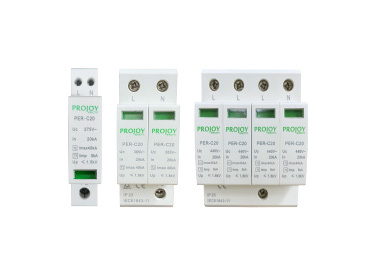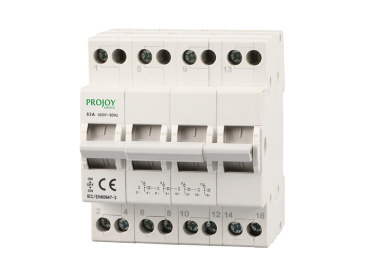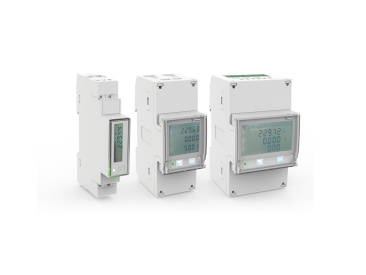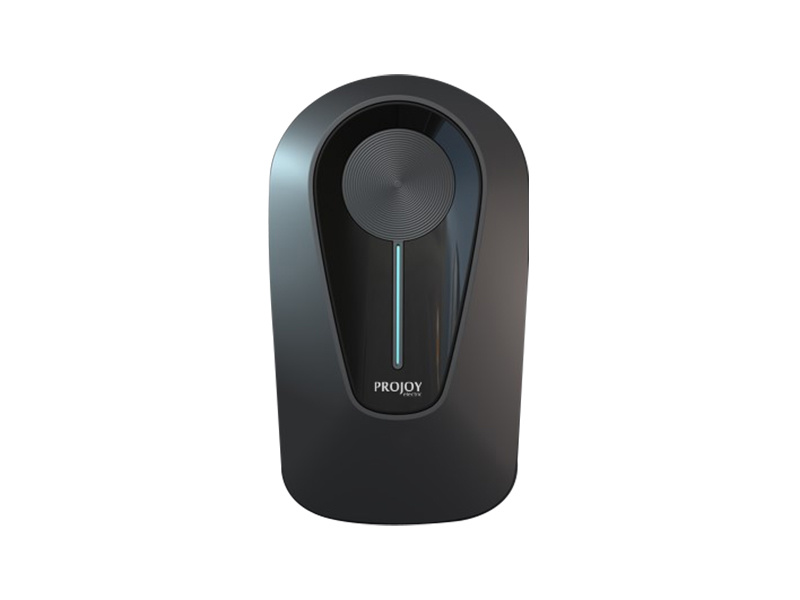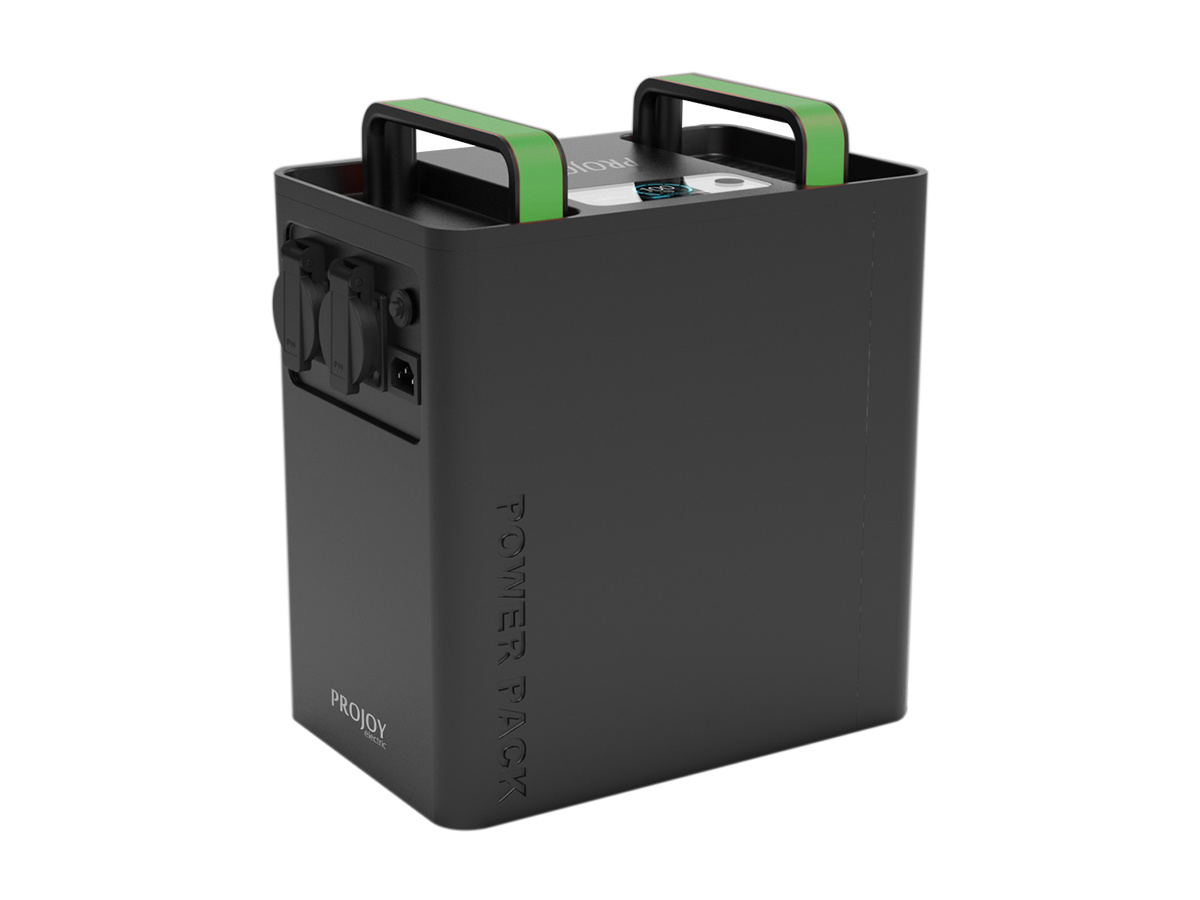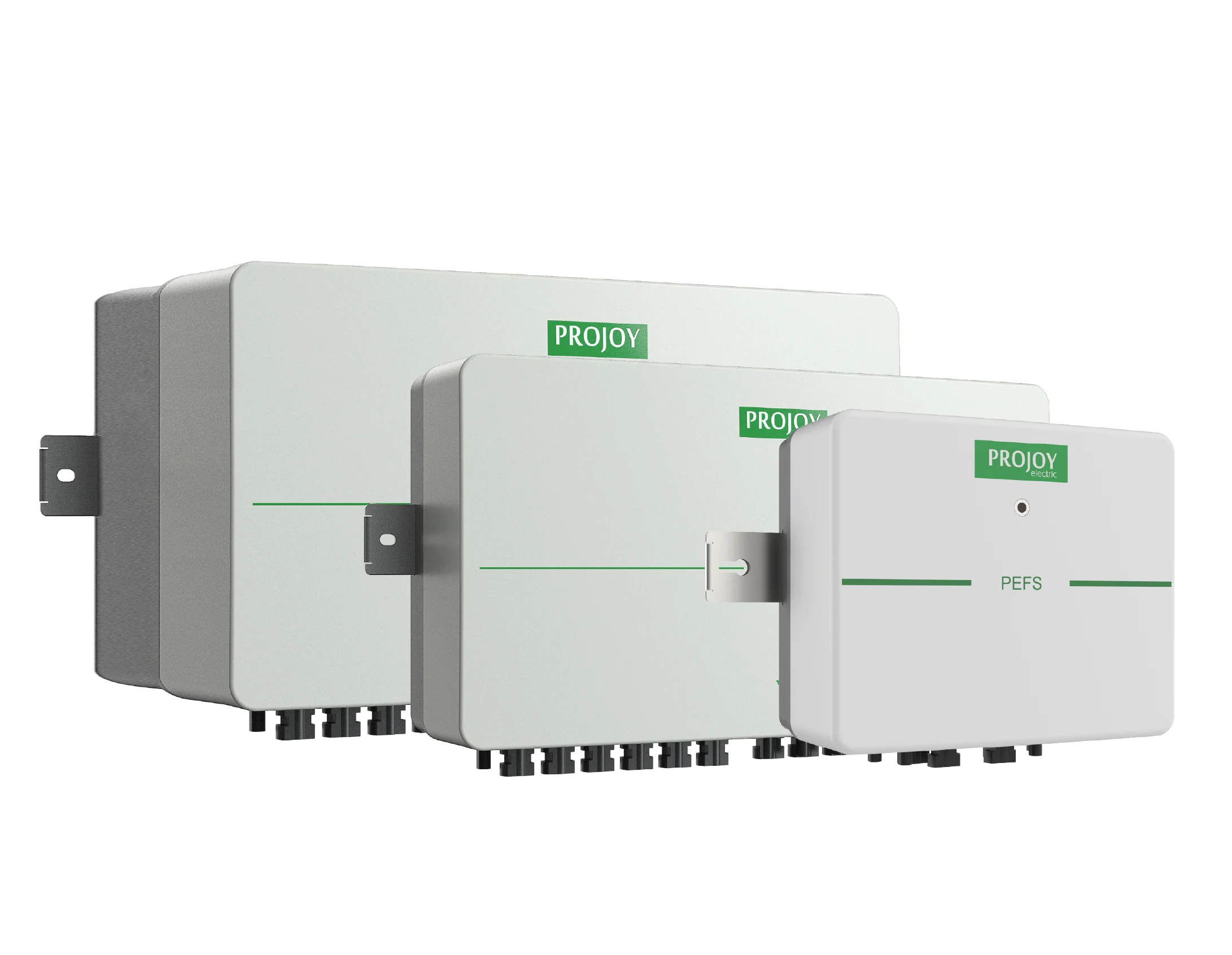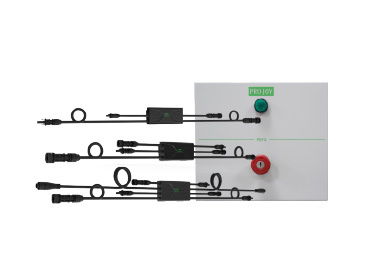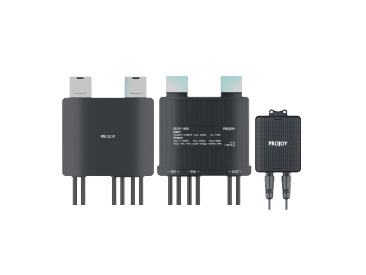AC Connector Types: Which One Is Best for Your Needs?
AC Connector Types: Which One Is Best for Your Needs?
Table of Contents
- 1. Introduction to AC Connectors
- 2. Importance of Choosing the Right AC Connector
- 3. Types of AC Connectors
- 3.1 NEMA Connectors
- 3.2 IEC Connectors
- 3.3 C14 and C13 Connectors
- 3.4 C20 and C19 Connectors
- 3.5 Industrial Circular Connectors
- 4. How to Choose the Right AC Connector
- 5. Applications of AC Connectors
- 6. Safety Considerations When Using AC Connectors
- 7. Frequently Asked Questions (FAQs)
- 8. Conclusion
1. Introduction to AC Connectors
AC connectors play a pivotal role in electrical systems, providing the essential link between power sources and electrical devices. These connectors facilitate the transfer of alternating current (AC) power, ensuring that devices operate efficiently and reliably. With various types of AC connectors available in the market, understanding their features and applications is crucial for selecting the right one for your needs.
2. Importance of Choosing the Right AC Connector
Selecting the appropriate AC connector is vital for several reasons:
- **Safety**: The right connector ensures safe electrical connections, minimizing the risk of electrical faults.
- **Compatibility**: Different devices require specific connectors for optimal performance. Using an incompatible connector can lead to operational issues.
- **Efficiency**: The correct connector reduces energy loss, promoting efficient power transfer.
- **Durability**: Choosing high-quality connectors enhances the longevity of electrical systems, reducing maintenance needs.
Given these factors, understanding the various AC connector types and their applications becomes imperative for anyone working with electrical systems.
3. Types of AC Connectors
There are several types of AC connectors, each designed for specific applications and environments. Below is a detailed overview of some of the most common connector types:
3.1 NEMA Connectors
NEMA connectors, defined by the National Electrical Manufacturers Association, are widely used in North America. They come in various configurations, including:
- **NEMA 1-15**: Standard two-prong connector for light-duty applications.
- **NEMA 5-15**: Grounded three-prong connector suitable for most household appliances.
- **NEMA 6-15**: Designed for higher voltage applications, often found in industrial settings.
Each NEMA connector is rated for specific voltage and current capacities, ensuring you can select one that meets your needs.
3.2 IEC Connectors
International Electrotechnical Commission (IEC) connectors are often found in European and international applications. The IEC 60320 standard defines these connectors, making them suitable for various electronic devices. Common types include:
- **IEC C13**: Used for computer power cords and rated for 10A at 250V.
- **IEC C14**: The mating connector for C13, often found in power supplies.
IEC connectors are renowned for their reliability and safety, making them a preferred choice in diverse industries.
3.3 C14 and C13 Connectors
C14 and C13 connectors are frequently used in conjunction. The C14 connector serves as the inlet while the C13 is the outlet, commonly found in computer power supplies. Their design allows for easy connection and disconnection, facilitating efficient power management in devices.
3.4 C20 and C19 Connectors
Similar to C14 and C13, C20 and C19 connectors are designed for higher current applications. C20 connectors are rated for 16A at 250V, while C19 connectors can handle up to 20A. Their robust design makes them suitable for demanding environments, including server rooms and industrial applications.
3.5 Industrial Circular Connectors
These connectors are designed for heavy-duty applications and often feature a circular shape with multiple pins. They provide excellent durability and secure connections, making them ideal for use in manufacturing, construction, and other industrial settings.
4. How to Choose the Right AC Connector
Choosing the right AC connector involves several considerations:
- **Voltage and Current Rating**: Ensure the connector can handle the voltage and current required for your application.
- **Environment**: Consider where the connector will be used. For outdoor use, look for weather-resistant connectors.
- **Compatibility**: Verify that the connector is compatible with your devices and power sources.
- **Safety Standards**: Check for certifications that indicate compliance with safety standards.
By considering these factors, you can select an AC connector that meets your specific needs, ensuring safety and efficiency.
5. Applications of AC Connectors
AC connectors are used in various applications, including:
- **Home Appliances**: NEMA connectors are commonly found in household devices, ensuring safe operation.
- **Computers and Electronics**: IEC connectors are standard in computer power supplies, providing reliable power connections.
- **Industrial Equipment**: Heavy-duty connectors are essential in manufacturing, allowing machines to operate efficiently.
- **Renewable Energy Systems**: AC connectors are also used in solar and wind energy systems, linking power sources to inverters and electrical grids.
These applications highlight the versatility and importance of AC connectors in modern electrical systems.
6. Safety Considerations When Using AC Connectors
Safety should always be a priority when working with AC connectors. Here are some key considerations:
- **Inspect Regularly**: Regularly check connectors for wear and tear. Damaged connectors can pose safety risks.
- **Use Rated Connectors**: Always use connectors rated for the voltage and current of your application to prevent overheating and electrical faults.
- **Avoid Overloading**: Do not exceed the rated capacity of connectors, as this can lead to failure and potential hazards.
- **Proper Installation**: Ensure that connectors are installed correctly, following the manufacturer's guidelines to maintain safety standards.
By adhering to these safety practices, you can reduce the risk of accidents and ensure the longevity of your electrical systems.
7. Frequently Asked Questions (FAQs)
What is the difference between NEMA and IEC connectors?
NEMA connectors are primarily used in North America, while IEC connectors are standardized internationally. They differ in design, ratings, and applications.
How do I know which connector is right for my device?
Check your device's specifications for voltage and current requirements, and select a connector that meets or exceeds those ratings.
Can I use a lower-rated connector for higher power applications?
No, using a lower-rated connector can lead to overheating and electrical failures. Always match the connector's rating to your application's requirements.
Are AC connectors waterproof?
Not all AC connectors are waterproof. For outdoor or wet environments, choose connectors specifically designed to be weather-resistant.
How can I ensure a reliable connection with AC connectors?
Regularly inspect connectors for damage, use the appropriate connector for your application, and ensure proper installation to promote reliable connections.
8. Conclusion
Selecting the right AC connector is crucial for ensuring the safety, efficiency, and longevity of your electrical systems. By understanding the various types of AC connectors available, their applications, and important safety considerations, you can make informed decisions that best meet your needs. Whether you are working on household appliances, industrial equipment, or renewable energy systems, the right AC connector will enhance performance and reliability.
More News
Aug 05,2025
Product Selection Guide: PROJOY PEBS Series Miniature Circuit Breaker
PROJOY Electric has a full range of DC circuit breaker products, including miniature circuit breakers (MCBs) and molded case circuit breakers (MCCBs). According to different application scenarios and requirements, they are divided into high-voltage, low-voltage and waterproof box versions.
View Detail
Mar 13,2025
PV Combiner Box: A Vital Component in Solar Power Systems
Solar energy systems rely on a network of components to efficiently convert sunlight into usable electricity. One critical yet often overlooked device in this chain is the photovoltaic (PV) combiner box. This article explains what a PV combiner box does, how it works, and why it is essential for both safety and performance in solar installations.
View Detail

